Home » Health & Wellbeing » What To Eat To Fuel Your Cardio Sessions
What we eat, has a direct correlation to how we perform. So, it’s essential that we are fuelling our bodies with the proper nutrition, allowing us to get the most out of each and every cardio session.
Whether it’s running a half marathon, going all out on an assault bike AMRAP or steadily climbing the step machine, having enough energy to call upon is crucial for optimal performance.
When we do cardio, our body’s primary sources of fuel comes from stored carbohydrates, followed by fat.
These stored sources of energy come from the food we have consumed, so even if you perform your cardio fasted, you are still relying on the food you ate previously to get you through the workout.
With that said, ensuring we eat the right types of food before a cardio session in vital to ensure optimal performance.
What To Eat Before Your Cardio Session
As mentioned above, the main source of energy your body will rely on during a cardio session is carbohydrates, in the form of stored glycogen.
If you have a long duration cardio session planned such as a long distance run, swim or cycle ( or maybe all three in the form of an Ironman) then you will need to ensure you are “stockpiling” your glycogen stores in the days leading up – a process known as ‘carb loading’.
You’ll want to load up on the complex carbs for this, so think pasta, rice, breads and pulses.
Research has shown that increasing stored glycogen levels, through carb loading, for cardio sessions lasting over 90 minutes, can reduce fatigue by up to 20% (1)
For shorter cardio sessions, such as a 5km run or a CrossFit WOD then you just need to make sure that you’ve consumed a meal that is high carbohydrate, low fat and moderate protein, 1-4 hours beforehand (giving yourself enough time to allow for digestion), to see you through.
If however, you feel you need a little boost, then consuming a simple carb source, such as dried fruit, 30 minutes prior has also been shown to be effective at improving performance. (2)
Intra Workout Fuelling
As you got through your cardio session, your body will start to run low on glycogen. This is when fat stores will start to be used to provide sufficient energy for you to continue pushing to the end of your workout.
This is great for shorter session lasting under an hour, but for cardio sessions of a longer nature, taking in some simple carbohydrates throughout is going to advantageous to your overall performance.
For elite runners, a 2020 study found that, consuming 120 grams of carbs per hour (approx.. 5 gels worth) resulted in lower physiological stress and muscle damage. (3)
When it comes to the everyday cardio enthusiasts however, consuming 30 to 60 grams (1-2 gels or one large banana) every hour is an effective dosage to keep energy levels topped up.
Post Cardio Essentials
Your cardio session may be over, but there’s still work to do on your nutrition.
Ensuring you consume the right food after your workout is required to promote recovery and ensure your next cardio session is also a success.
Your post cardio nutrition isn’t all to different from your pre cardio. Again you are going to want to consume a carbohydrate source, along with a protein source. The main difference being that you don’t need to worry about a Fat source too much.
The carbohydrates will replenish your depleted glycogen stores in your muscles, whilst the protein will provide all the amino acids needed to facilitate recovery and rebuilding of the muscle tissue.
Don’t forget your Liquids.
When it comes to the recommended water intake during exercise there is no set amount.
You will need to take into account factors such as your sweat rate, the heat and humidity, workout duration and intensity levels.
With that however, there are some basic guidelines from The American Council of Exercise (4)
-
Drink 0.5 litres of water 2-3 hours before exercising
-
Drink 0.2 litres 30 minutes prior or during warm up
-
Drink 0.3 litres every 20 minutes during exercise
-
Drink 0.2 litres within 30 minutes post exercise
Ensuring you keep your hydration in check will help regulate your body temperature, keep your joints from stiffening up and help transport all the nutrients you’ve been taking in pre, intra and post cardio.
References
-
Hawley JA, Schabort EJ, Noakes TD, Dennis SC. Carbohydrate-loading and exercise performance. An update. Sports Med. 1997;24(2)
-
Ormsbee MJ, Bach CW, Baur DA. Pre-exercise nutrition: the role of macronutrients, modified starches and supplements on metabolism and endurance performance. Nutrients. 2014;6(5)
-
Viribay A ,Arribalzaga S, Mielgo-Ayuso J, Effects of 120 g/h of Carbohydrates Intake during a Mountain Marathon on Exercise-Induced Muscle Damage in Elite Runners, Nutrients 2020, 12(5)
-
Hydration for Athletes (online) Available at: familydoctor.org/athletes-the-importance-of-good-hydration (Accessed on 15/07/2020)
Related Posts

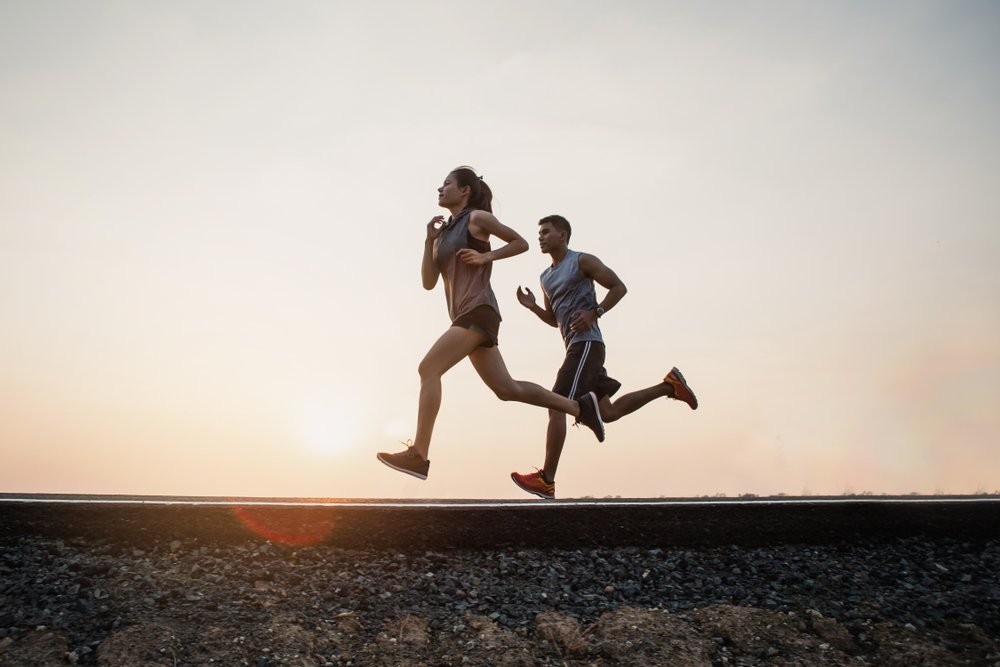

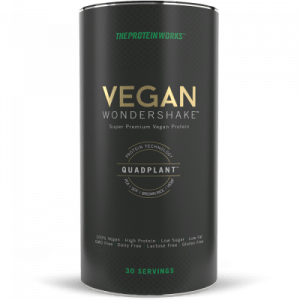
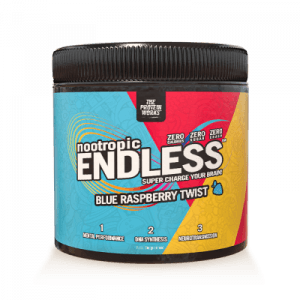
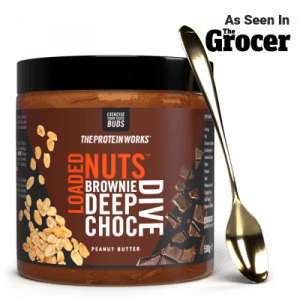
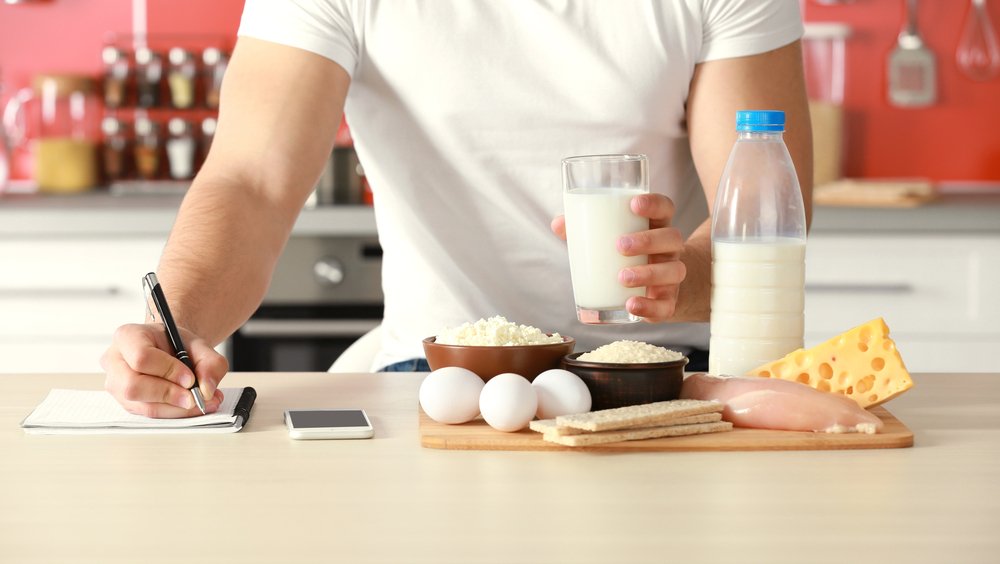
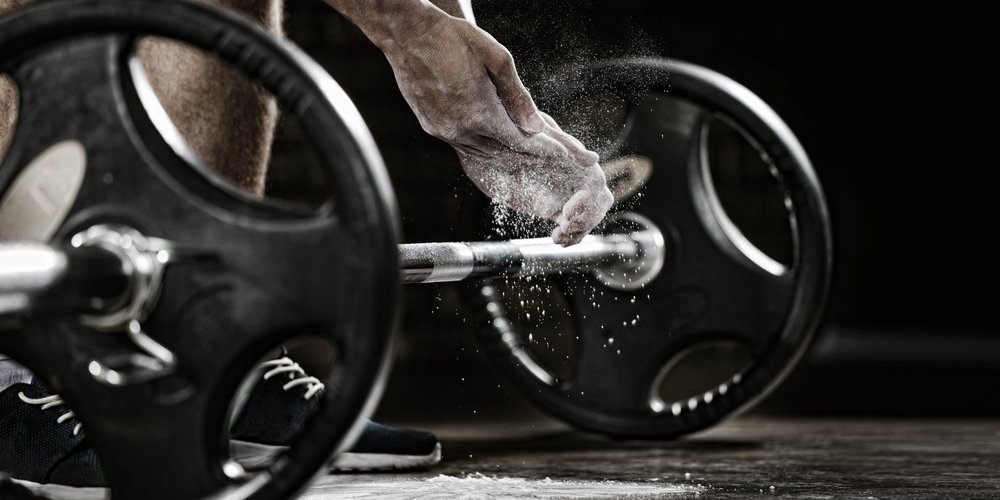
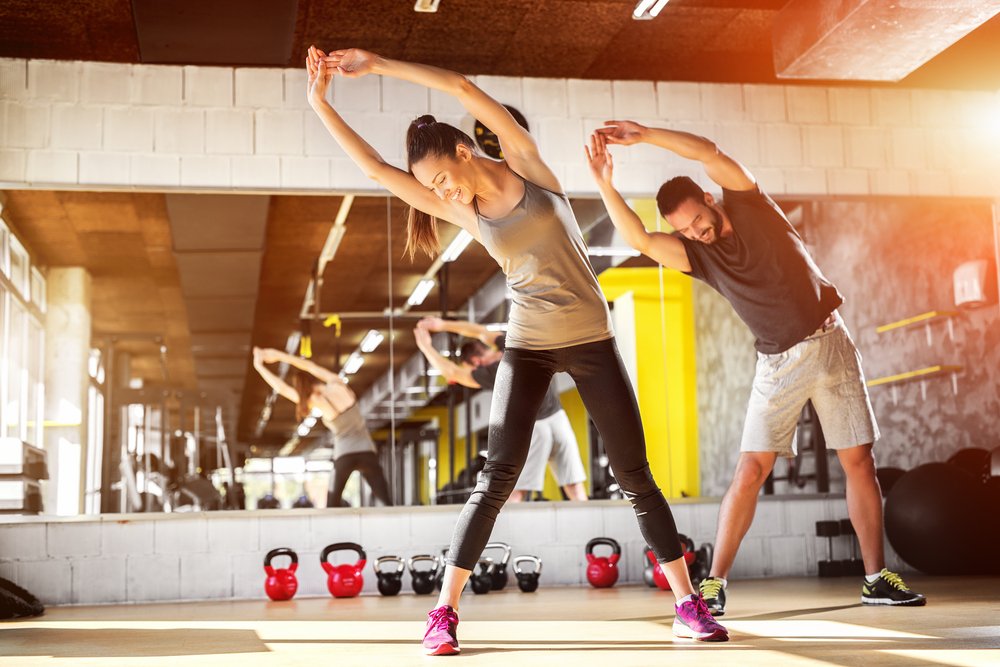
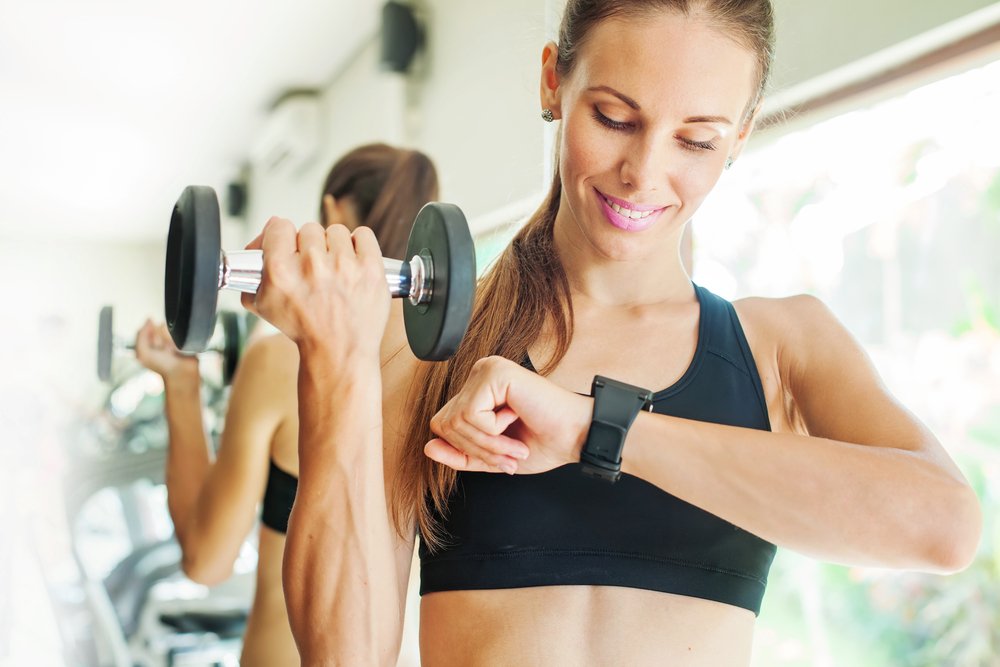
No Comments yet!